The development of nature-based economies is a core objective of rewilding. Participants in a European Rewilding Network webinar that took place in November learned more about how this is happening.
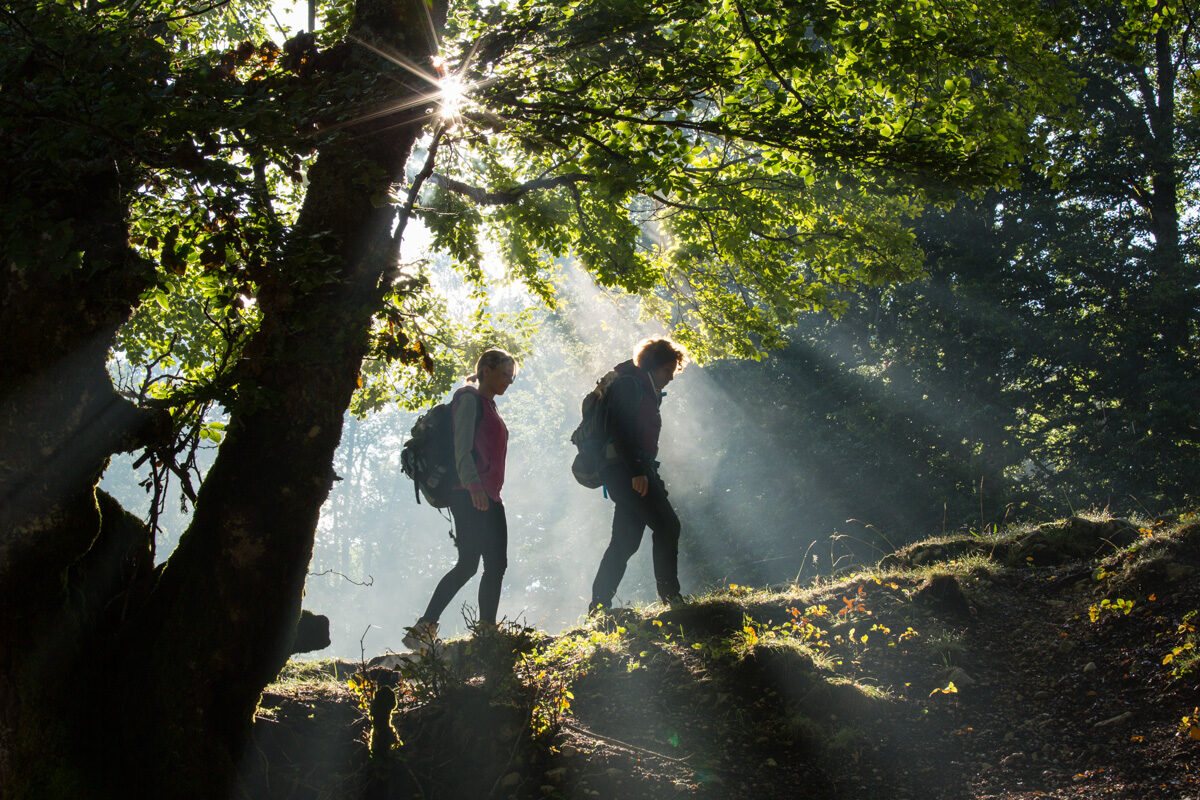
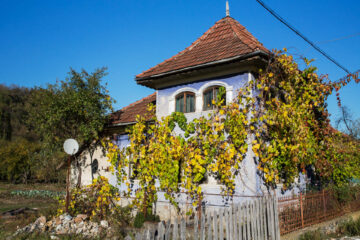
Nature and business are linked
Helping nature heal can lead to prosperous local economies by generating new business opportunities, jobs and income. Today, Rewilding Europe’s enterprise-focused business models are amplifying the positive socio-economic impact of European rewilding. This is taking place in sectors as wide-ranging as forest management, water management, private estates, wildlife management, carbon offsetting and nature-based tourism. Developing these rewilding models is supported by Arcadia, a charitable fund founded by Peter Baldwin and Lisbet Rausing.
Educating and inspiring
The future of nature and business was the subject of a European Rewilding Network (ERN) webinar held in early November. The 49 participants from Europe and beyond took advantage of a unique opportunity to find out more about the enterprise side of rewilding from a range of practitioners, experts and business owners representing many of the sectors outlined above.
The aim of the webinar was to educate and inspire those attending to explore and develop links between nature, rewilding and enterprise in their own business sphere, and to take advantage of the enterprise support offered by Rewilding Europe. It attracted a wide range of positive feedback from participants, who said they would recommend future ERN webinars to colleagues.
Learning from the experts
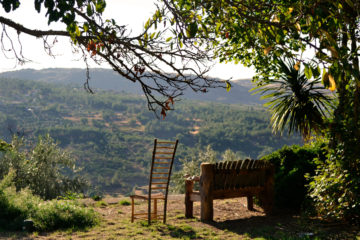
The webinar was headed up by four keynote speakers. Helena Newell, Rewilding Europe’s Enterprise Manager, spoke about enterprise planning and integrating rewilding and business. Jeremy Leggett, a social entrepreneur and owner of the Bunloit Estate in Scotland (with which Rewilding Europe has a partnership), talked about how an innovative new management approach on the estate is helping to enhance wild nature, boost the local economy and lock up carbon.
Anthony Graham Conway was the webinar’s third keynote speaker. As the CEO and co-founder of Vale das Lobas – a nature-based tourism resort on the edge of the Greater Côa Valley rewilding area in northern Portugal which has received a 600,000-euro loan from Rewilding Europe Capital – he talked about integrating business and nature, with a focus on health and biodiversity.
The final keynote speaker was Aukje van Gerven, the European Safari Company’s (ESC) Operations Manager, who talked about how to partner with the ESC and the recently launched Rewilding Tourism Training Programme. Supporting and promoting European nature-based tourism businesses, the ESC offers its clients unique experiences that directly support wild nature and wildlife comeback, while the aim of the programme is to professionalise and scale up nature-based tourism across Europe by training entrepreneurs involved in guiding, hospitality and tourism.
Intro instalment
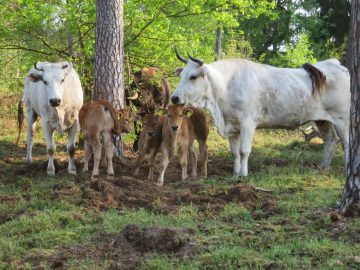
Launched in June, Rewilding Intros are 30-minute mini-webinars that allow ERN members to share their stories and expertise, which in turn helps to improve rewilding outcomes. Since September, all Rewilding Intros have been open to the public, with participation limited to 100 people per webinar.
In October it was the turn of the Auerrind Project to introduce itself. This German rewilding initiative is focused on natural grazing, back-breeding and scientific research on aurochs (an extinct species of wild cattle). The ultimate goal of the back-breeding part of the project is to create (as closely as possible) a modern-day equivalent of the auroch.
The webinar was led by Claus Kropp, who leads the Auerrind Project. He spoke about the initiative’s work on expanding the knowledge of aurochs through the analysis of bones and DNA, presented their natural grazing projects, and explained how they are raising awareness about the need for large herbivores in European nature.
A platform for exchange
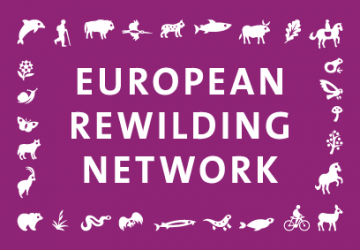 Today rewilding is gaining momentum as a progressive and effective approach to conservation in Europe. Underpinning this trend, the burgeoning ERN continues to foster collaboration and amplify results.
Today rewilding is gaining momentum as a progressive and effective approach to conservation in Europe. Underpinning this trend, the burgeoning ERN continues to foster collaboration and amplify results.
Founded by Rewilding Europe in 2013, the aim of the ERN is to enhance the efforts of each member by facilitating the exchange of skills, insight and experience. Members meet regularly, usually via webinar, while nature-based businesses can also apply to Rewilding Europe Capital, Rewilding Europe’s enterprise loan facility.
Rewilding Europe extends a warm welcome to all European rewilding initiatives that focus on practical, result-oriented rewilding and encourages them to apply for ERN membership.
An invitation to the next Intro mini-webinar – which will take place sometime in March – will be shared through Rewilding Europe’s social media channels in due course.
Want to know more?
